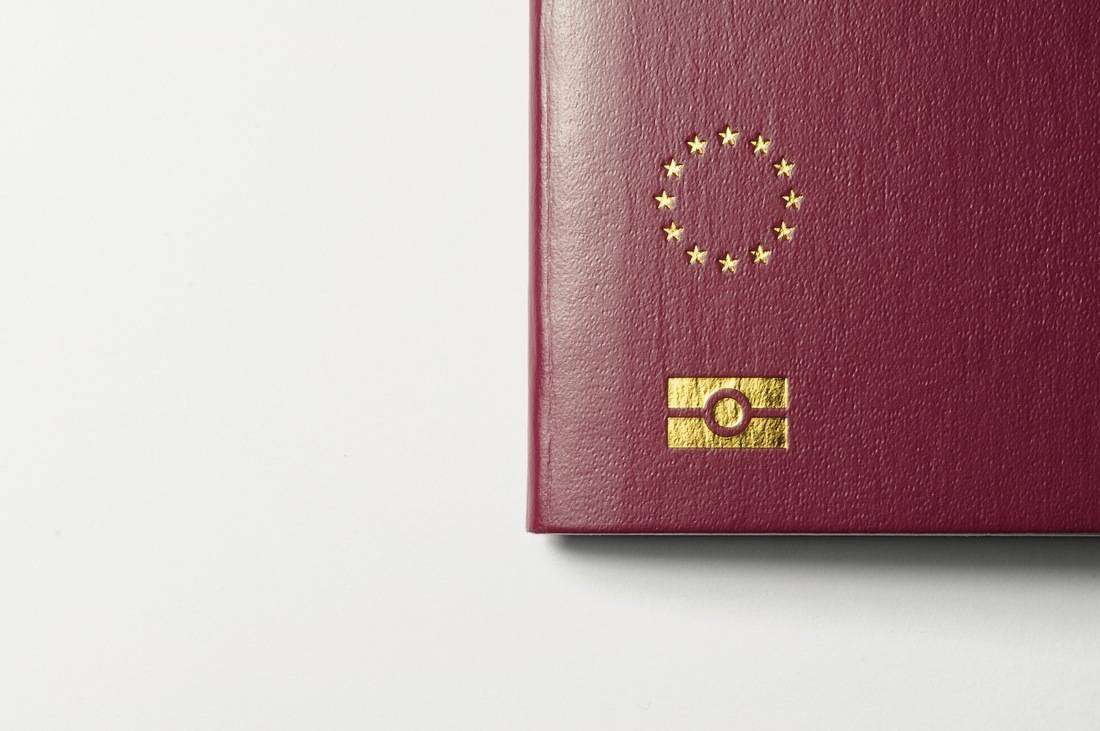The ‘Smart Borders’ Package was first proposed by the European Commission in 2013. It is part of a comprehensive Entry/Exit (EES) strategy that aims to improve the strength of the external EU (Schengen) borders.
The system, as approved by the European Parliament, will collect various information on non-EU individuals entering the EU, including biometric data. Curiously, this measure will apply to British citizens once Brexit is concluded.
The proposed solution will fight against irregular immigration, visa overstays and enable easier travel for pre-vetted individuals. Border workers won’t have to stamp the passports of arriving visitors anymore.
Instead, the travellers’ data will be registered and uploaded into a central database. The system will collect the individual’s photo, travel document data, exit and entry information, and fingerprints – biometric information.
ComputerWeekly reports that this information will be kept for three to five years. Border, visa, and national authorities will have access to such data. However, national asylum authorities won’t.
Critics, including some MEPs, warn that this practice is not in the spirit of European law. Marie-Christine Vergiat, a French Left Front MEP, claimed that “this is now primarily a system for identifying people in irregular immigration situations and facilitating deportations”, adding that “Europe is turning into a bunker, undermining its own values and picking scapegoats for its problems rather than fulfilling our international responsibilities”.
German MEP Cornelia Ernst observed that “This will cost millions of euros and it is a shame for the European Union”. She is a member of the European United Left – Nordic Green Left, who is against “this form of mass data retention from travellers”.
On the other hand, Slovenian MEP Tanja Fajon opined that “This new system is part of a range of measures to help achieve more modernized border control. This can facilitate travel while at the same time also increase security, essential if we want the Schengen area to function effectively.”
According to its creators, the system should also curb organised crime, smuggling and aid in the fight against terrorism.
A similar passenger data-sharing agreement with Canada has been struck down by the European Court of Justice a few months ago.
However, things could be different this time. Data of non-EU residents is not afforded the same protections as the EU residents’ data. This includes the provisions in the upcoming General Data Protection Regulation, which explicitly applies to EU residents only.
It is therefore conceivable that this scheme will be implemented in the near future. The European Commission plans to roll it out by 2020 at the latest.







